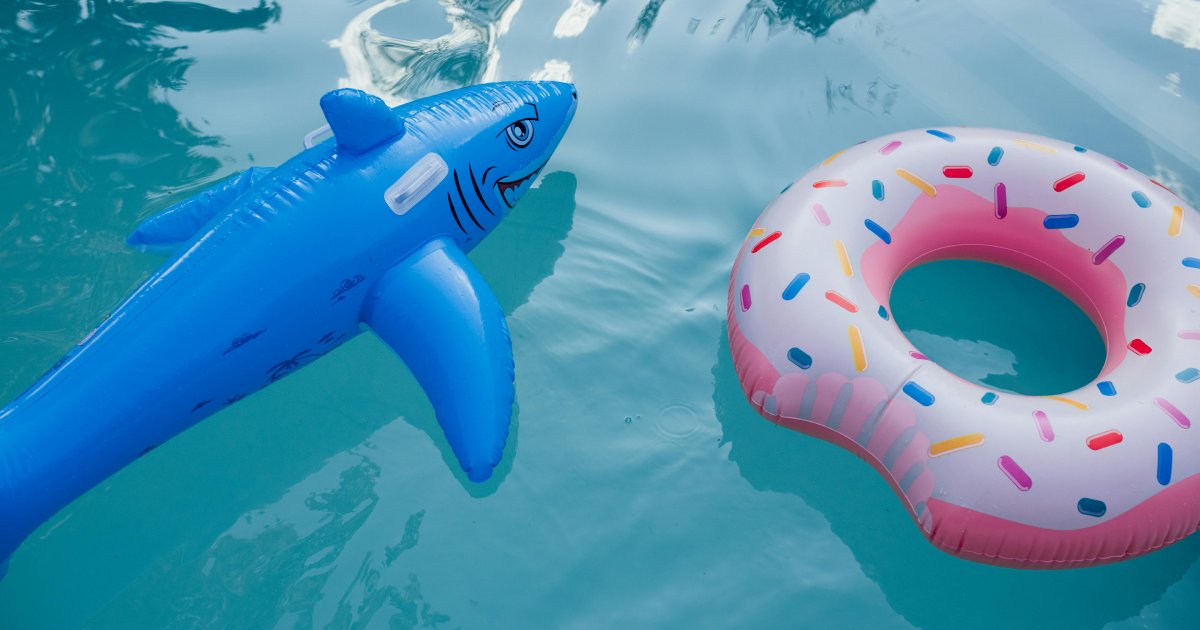The Changing Forecast for Summer Products

By Mark Seavy
With the start of the summer days away, how seasonal products will fare this year is still unclear.
Traditionally, summer generates strong sales of licensed apparel, outdoor gear, and all swim-related items—including everything from floats to the chemicals used to treat pools.
But a wrench was thrown into the summer consumer products cycle with the U.S. government’s decision in April to impose tariffs on imported goods. In the aftermath, consumers have cut spending plans not just for products but also for travel associated with summer vacations.
While consumers’ travel plans remained similar both in length of stay and frequency, the amount they planned to spend on products and vacations shrank in the face of expected price increases related to tariffs, according to the 2025 Summer Travel Survey from Deloitte. In late March, the average travel budget was set to rise 21% from a year ago ($1,094), but by April that had dropped to a 13% increase.
“Last summer, fewer Americans traveled, and those who did planned to spend enthusiastically to maximize their experiences,” Deloitte reported. “This year’s trends appear poised to run in the opposite direction—more travelers and more trips, but a more frugal approach. Three-quarters of those surveyed said, compared to a year ago, saving money is more critical. That notable increase in the perceived importance of saving money for the upcoming season suggests a shift in behavior and spending habits.”
Many licensees are adjusting to this shift by banking on recognizable brands. BigMouth, for example, is fielding a float marking the 50th anniversary of the release of Jaws, while Sunny Days Entertainment is launching a Cheez-It float. On the beach, Lexington Home Brands recently fielded a beach chair with the Tommy Bahama label, a program that’s been a summer staple for 16 years.
Recreational vehicles are also getting in on this trend. Thor Industries’ Airstream took a prime booth spot at Licensing Expo again this year and recently signed a deal with the Frank Lloyd Wright Foundation to produce 200 units that will carry a starting price of $184,900. Camping World, which is among the largest dealers of Winnebago RVs, expects to incur $150 million in tariff-related costs this year. Nevertheless, it remains optimistic.
“When people pull back on major league sports or pull back on going to theme parks or taking European vacations, they don’t pull back on taking a monthly expense of $289 to take multiple vacations with their family,” Camping World CEO Marcus Lemonis said. “We saw it in 2008 and 2009. We saw it in 2018 and at the beginning of Covid. The business will do very well in an environment like this because it’s an affordable alternative.”
Another affordable alternative this summer will be private label products. Their competition with national brands typically “rises considerably” for summer staples, according to performance marketing company Ibotta.
Those summer staples are likely to include barbecue-related (BBQ) products ranging from grills to seasonings and sauces, the firm said. About 40% of Ibotta app users stated that BBQs and picnics are among the top activities they are looking forward to this summer. Additionally, 47% plan to attend or host BBQs and outdoor gatherings at least monthly.
In fact, sales of beef and poultry rose 6.1% and 11.6%, respectively, in summer 2024, according to the firm. Unit sales of private label frozen desserts (11.7%) and frozen novelties (3.6%) also posted increases in summer 2024.
“The fight between private label and name brands is more prevalent than ever as retailers continue to put more effort behind their own product offerings,” Ibotta reported.




